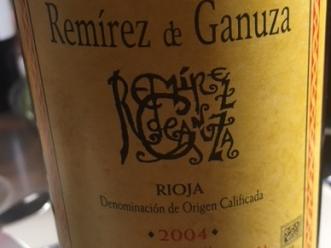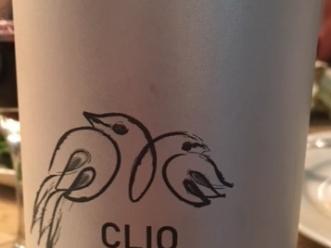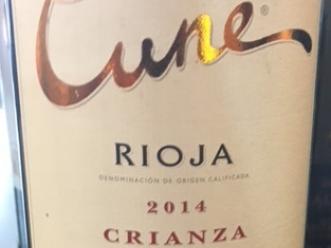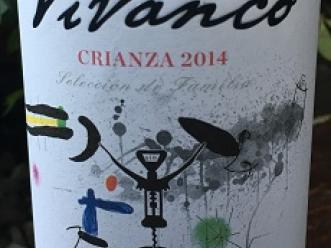2013 Bodegas y Viñedos Luna Beberide Bierzo Art..., Spain, Castilla y Leon, Wine Review
This is made from the Mencia grape in northwest Spain. It is an excellent wine that combines both the acidity and elegance of old world wines with the fruit forwardness of brightness of new world wines. It is also around $25 which is a good value. Ruby in color, deeper at the core. On the nose this has bing cherries, slight olives and a bit or herbal notes. On the palate, this has a strong backbone of acidity. Good cherry flavors. Medium bodied but sinewy. Nice finish. Very food friendly with a wide variety of foods.










